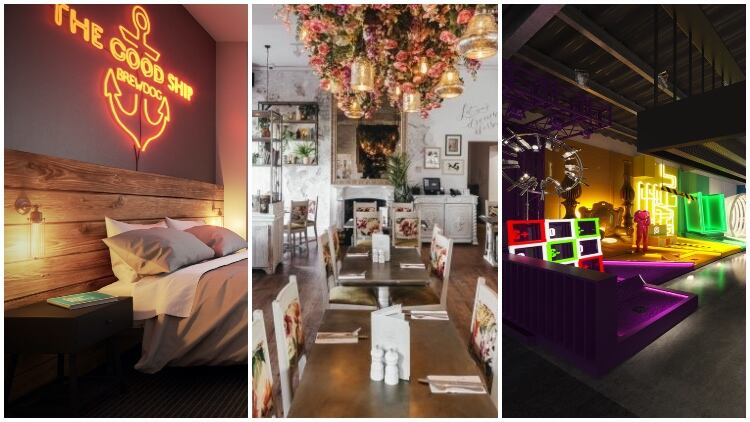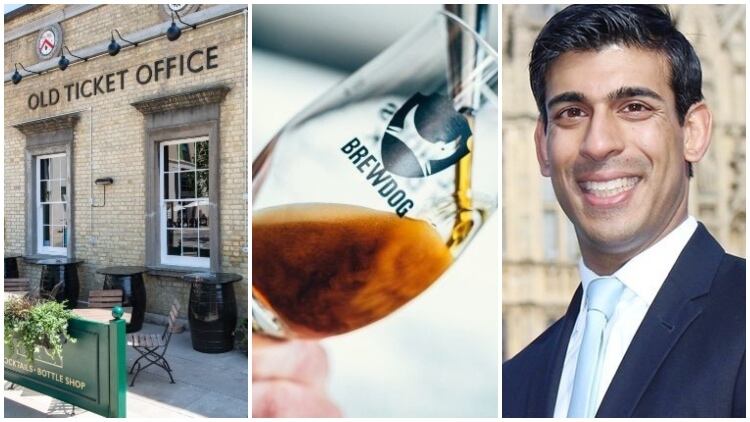- Check out how the current pub property landscape compares to the market conditions that followed the spring and early summer lockdown here.
Summer uplift, overall activity quiet
Paul Davey, managing director of independent national business agent Davey Co explains that he saw a “marked uplift” in market activity from early July when pubs were permitted to re-open.
“Market sentiment and front-end activity improved albeit at an understandably lower level than compared to activity levels before Covid bit hard with lockdown one in March,” he tells The Morning Advertiser (MA).
“Since the second lockdown overall activity has been quiet, again. Uncertainty over the scenario pertaining post 2 December is having a significant effect.
What’s more, Simon Hall, director, agency, at leisure property specialist Fleurets, adds: “Transactions are still happening but for the six months to March compared to the six months to Sept transaction volumes at Fleurets were down 53%.”
Post-lockdown rebound expected
However, Davey believes that once pubs are allowed to re-open again after the second lockdown, albeit under trading restrictions, the sector’s property market will likely bounce back much as it did after over the summer.
James Shorthouse, head of alternative markets at Colliers International adds: “This second lockdown is causing a slight pause, although the announcement of a potential vaccine is providing reassurance to operators and investors.
“We expect that when the sector is allowed to reopen and we’re through the holiday season market activity will pick up relatively quickly in the New Year.”
What’s more, Kevin Marsh, head of licensed leisure at Savills adds that long as England’s current lockdown doesn’t extend beyond 2 December, the affect will be “less dramatic”.
“Most Landlords have been helpful with rent concessions and November is typically a slower trading month,” he explains. “Pub operators will not however want significant trading restrictions to prevail over the run in to Christmas.”
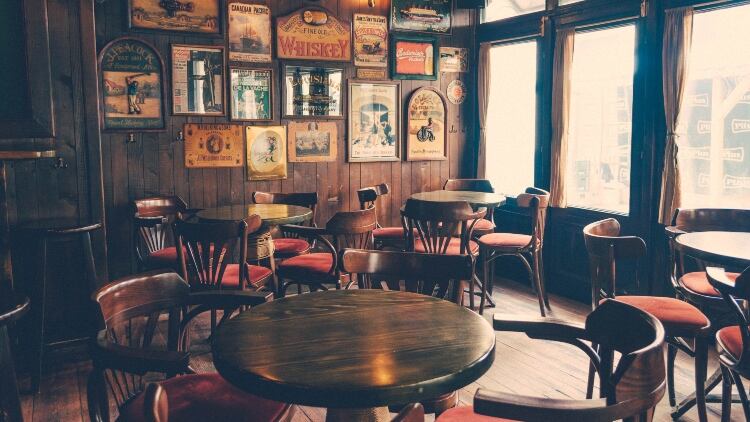
Buyer confidence remains
“At the beginning of April, we feared a substantial knock to both activity, pricing, and deal success,’ Stephen Owens, managing director of pubs and restaurants at Christie & Co explains. “Fortunately, the reality has been much better than anticipated.
“At Christie & Co we have agreed deals on over 200 hospitality businesses since 1 April.
“Considering pubs and restaurants were closed for much of this time, this goes to show the confidence from buyers remains and that business will return in the medium term.
“These buyers are not seeking substantial reductions in most cases, they are just identifying opportunity,” he added.
“We have seen deals done at above the pre-Covid asking price and multiple bids on properties which are priced and marketed correctly.”
‘Good number’ of new sales
While Davey admits that the number of new instructions to the businesses has been on the quiet side, he explains that his business is seeing a “good number” of new sales.
“New instructions of businesses coming to the market have remained very quiet, due principally to operators taking a far greater hands-on day to day role within their businesses as a result of staff held on full or flexible furlough, uncertainty over the shape, depth and length of restrictions and in the effects of the pandemic on the wider economy over the coming months,” he says.
“These factors continue to have a significant impact upon the attitude of both buyers and sellers alike.
“Despite this we have agreed a good number of new sales including premium leasehold businesses and freehold sales,” he caveats.
“Notable examples include a fully tied pub restaurant in Scotter, North Lincolnshire which achieved a premium off asking terms of £135,000 leasehold; a village freehouse near Market Harborough, Leicestershire off an asking price of £495,000 freehold; a village freehouse in Norwich, Norfolk sold freehold; a village pub restaurant near Witney, Oxfordshire sold at a premium for a new lease with a freehold purchase option; and a tied community pub in Ely, Cambridgeshire sold off a premium of £80,000 leasehold.”
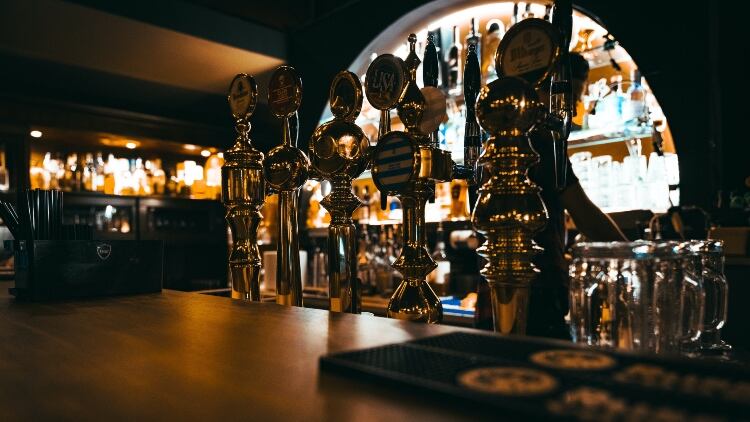
Fewer portfolio transactions
Despite recent news of Wadworth selling a package of 21 pubs to Liberation Group and Mitchells & Butlers planning to offload a number of sites, Colliers International’s Shorthouse explains that the number of portfolio transactions in the sector has dropped amid the ongoing pandemic.
“Undoubtedly Covid-19 has had an impact on activity in the pub market,” he says.
“While there has been a number of individual sales, there have been very few portfolio transactions, and overall transaction volumes have greatly reduced.”
Moving out of the city
According to Davey, Hall and Owens, demand for pubs outside of city centres has grown amid the pandemic.
“It has been location that has been important to many,” Owens explains. “Food-led pubs, either in the suburbs or countryside near major conurbations, or coastal venues who can take advantage of ‘staycations’ have been most in demand.
“Nearly half of the consumers were working from home during lockdown and a third say they now intend to support their local business. Those who previously endured an hour plus commute each way to a desk are now on their own doorstep with more time to visit their local pub.
What’s more, Davey adds: “Village, destination, community and market town pubs and inns are in greatest demand with fair prices being achieved relative to location, type, style and depth of the trading proposition."
Fleurets’ Hall explains that he has likewise seen a “spike in interest” for businesses in tourist locations due to the increased popularity of staycations as well as a preference of suburban and village pubs over city centre high street bars.
“What has been selling very well is lower value freehold property mainly for residential development,” he adds. “We have also completed on a number of free of tie lettings where some decent incentives can be agreed to allow for the Covid measures.”
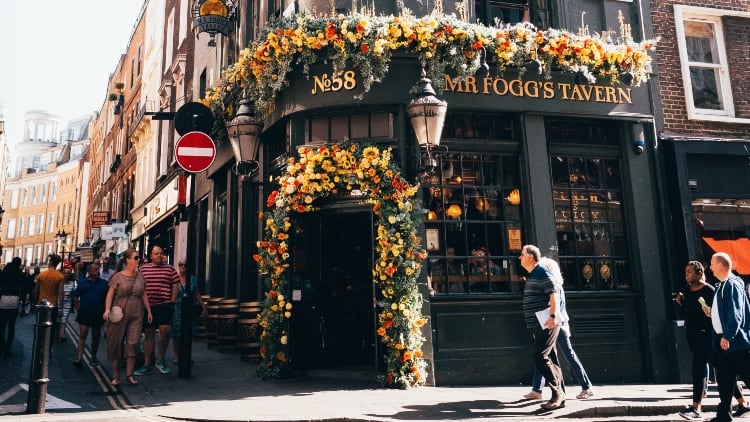
Temporary price fluctuations
“We have not seen a sharp decline in prices achieved nor have we experienced many clients reducing asking prices in order to shake up interest,” Davey explains. “There is certainly a noticeable ‘wait and see’ posture being adopted by many sellers and would-be sellers.”
Shorthouse adds: “Although prices have reduced there is no evidence of oversupply or severe distress in the market, buyers are looking for pubs with outside spaces, or the potential to create, them because it provides increased flexibility of trading, especially if social distancing rules could continue to apply for a while."
Savills’ Kevin Marsh adds that while he believes the pandemic has affected pub property prices, he doesn’t believe the effects have been felt evenly.
“Evidence is still limited, but low value freehold pubs might even have gone up in value but high street bars will have been significantly impacted,” he says.
“Buyers will seek to price in the lost profit for the length of the pandemic, estimates will usually be overly cautious, and factor in the risk involved. The number of transactions in this space, however, remains very limited and operators who don’t have to sell are choosing not to.
Stephen Owens, Christie & Co adds: “In the majority of cases, pub property has been underpinned by a good ‘bricks and mortar’ value, supplemented with goodwill.
“Whilst sales and profitability have been affected in the short-term the feeling is that the goodwill for the pub asset remains and, as proved by the Eat Out to Help Out boost, the British public want to socialise in the pub.
“This bodes well for 2021, when we expect values to return in the second half of the year, when some form of normality resumes.”
Mass business failure prevented
However, Fleurets’ Hall states that in the grant scheme of things he is “hardly seeing any shake up in the pub market”.
“The CVA have mainly involved the fast casual restaurant chains who are 100% leasehold and highly geared,” he explains. “The Government and pubco support has prevented mass failures, so far.
“However, if trading is not allowed to resume freely very soon, then there will be more casualties, and this will lead to some M&A opportunities”
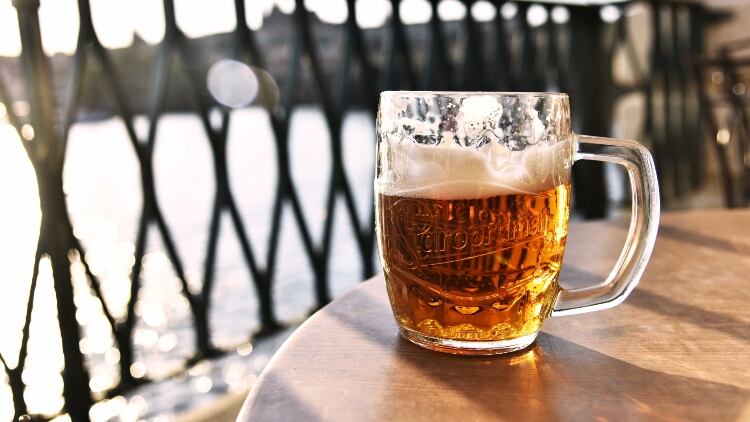
Catalyst for future M&A activity?
“Like any shock to a market, there will be some changes to follow as pub operators seek to rebuild their balance sheets and contemplate the repayment of debt that has accrued during 2020,” Savills’ Kevin Marsh says.
“There has been a dramatic decline in the number of insolvencies in 2020, no doubt due to the level of subsidy coming into the pub market, but once this has worked through the system we will see some pre-Covid poorly performing pubs and groups fail.
“There may be some M&A activity caused by increased debt levels and potentially some portfolio sales required to pay back expensive debt.”
Owens concurs that in any “unsettling situation” such as the ongoing pandemic there are “winners and losers”.
“Those with a large amount of debt and reduced incomes will need to sell, others who have weathered the storm will see opportunity,” he explains. “This combination is ideal for deal making and we expect to see properties and groups come to market as the level of government support starts to fall away.
“Pub Companies will no longer want to hold under-performing assets, both in the tenanted and managed house arena, yet many equity-backed buyers are seeing these as great opportunities to acquire freehold property and install new management to improve returns.
“As long as many remain cheap then these pubs can make decent returns in the long term.”


